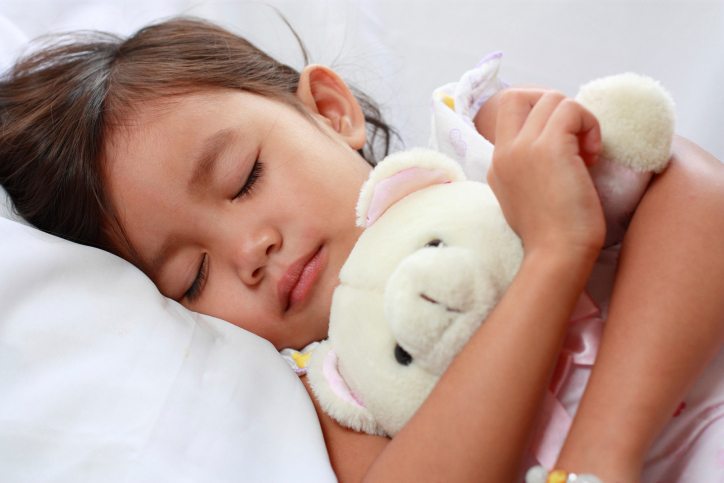Sleep Deprivation Leads to Chronic Health Problems
There are many people that struggle with getting good, quality sleep every night. Some struggle with being able to get to sleep, while others have a difficult time staying asleep. Some people are sleeping less than they should in order to try and get more done in their day. All of this leads to sleep deprivation which is big source of stress on the body. As the body faces stress, it activates the glands of the HPA axis, which begin releasing hormones such as cortisol. As sleep deprivation becomes chronic, so does the stress faced by the body. This can ultimately lead to HPA axis dysfunction, as well as a long list of chronic health symptoms for those who are suffering.
Now back to sleep, here are some other things you can do:
1. Limit caffeine consumption. It is okay to have a cup of coffee or two in the morning. But caffeine is a stimulant, and therefore drinking it in the afternoon or evening can make it more difficult to fall asleep. Also, be careful of consuming chocolate at night as well. Chocolate does contain caffeine which can affect your sleep.
2. Put down your smart phone, tablet, and laptop before bed. These devices give off blue light, which triggers the pineal gland to stop making melatonin, the hormone which helps us to sleep. If you must use these devices within several hours of going to sleep, you can minimize the effects of the blue light by wearing blue light blocking glasses, or use blue light minimizing software.
3. Check the temperature of your bedroom. It is far more difficult to get a good night’s sleep if your bedroom is too hot or too cold. According to the National Sleep Foundation, sleep experts agree that 65 degrees F is an ideal temperature for sleep, but is important to find what works best for you.
4. Avoid drinking too much water before bed. The need to use the bathroom in the middle of the night often wakes people up, and many have difficulties going back to sleep once awake.
5. Meditate daily. Stressful events from your day can contribute to racing thoughts, which can prevent people from being able to fall asleep. Meditation is one of the best ways to reduce stress and quiet the mind. 20 minutes of meditation a day can significantly reduce stress and can also help the body begin to reduce stress hormones.
6. Use some essential oils. Oils such as lavender, chamomile and lemon balm are known to help the body relax and can promote sleep. Simply mix a few drops in a tablespoon of a good carrier oil such as sweet almond or jojoba oil, then rub some on your chest or bottoms of your feet. You can also diffuse the oils in an essential oil diffuser in your bedroom, or even sprinkle a few drops on a tissue and place on a night stand so that you can inhale the scent.
7. Avoid eating too close to the bed. Eating can give you a boost of energy, and so eating close to bedtime can actually give you energy when you are trying to relax for sleep. It’s best not to eat anything at least 2-3 hours before bed.
8. Make sure that your bedroom is dark enough. Light from street lights outside of your home, or even from a digital clock can make getting to sleep more difficult. Room darkening curtains are easy to find and inexpensive. You can also opt to wear a sleep mask that can prevent light from keeping you awake.
9. Take herbs for sleep. There are some wonderful herbs that you can use, that can help with sleep. Skullcap, Chamomile, Lemon Balm, Catnip, and Hops are all known for their relaxing properties. Any one of them can be used as a tea that you can drink a couple of hours before bed to help promote sleep.
10. Get plenty of regular exercises. Exercise by itself is a great stress reducer, but those who exercise regularly also typically sleep better. Avoid exercising within 2-3 hours of bedtime, because exercise can also energize you as well and so you want to avoid it too close to bedtime!
If you are considering using an Elanra Ioniser to aid we sleep; We recommend
- For two people sleeping – Elanra MKII
- For individual use while sleeping – Elanra MKII or Elanra MKIII Portable
- Infants and children in their own room – Elanra MKII or Elanra MKIII Portable


Recent Comments